Excessive fear is always powerless
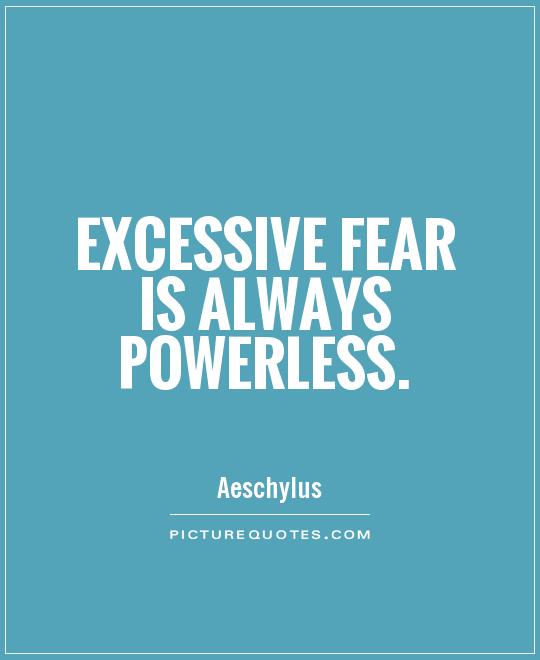
Excessive fear is always powerless
In the context of Aeschylus' words, "excessive fear is always powerless" holds a profound truth that resonates throughout the ages. Aeschylus, a Greek tragedian known for his plays that explore themes of fate, justice, and the human condition, understood the destructive nature of fear and its ability to paralyze individuals. In his works, fear is often portrayed as a force that can lead to tragic consequences if left unchecked.Fear, by its very nature, is a powerful emotion that can cloud judgment and hinder rational thinking. When fear becomes excessive, it can overwhelm individuals and prevent them from taking action or making decisions. This sense of powerlessness that comes from excessive fear can lead to a cycle of inaction and despair, trapping individuals in a state of perpetual anxiety and uncertainty.
Aeschylus' words serve as a reminder that fear, when allowed to grow unchecked, can become a destructive force that limits our potential and prevents us from living fully. By giving in to fear, we relinquish our power and agency, allowing ourselves to be controlled by our emotions rather than our reason.


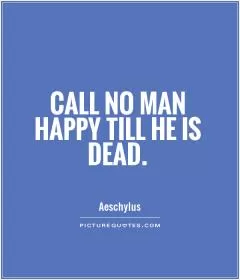


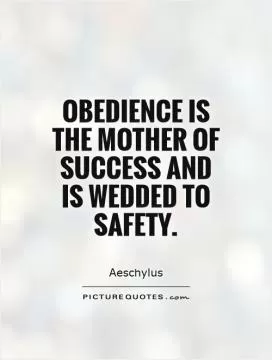


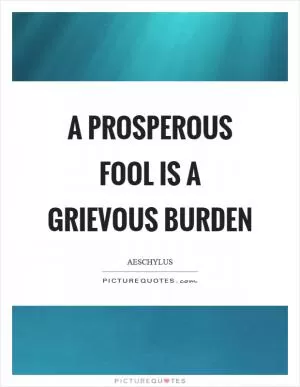


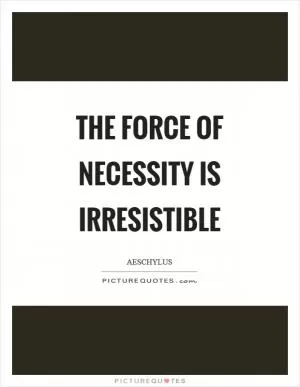
 Friendship Quotes
Friendship Quotes Love Quotes
Love Quotes Life Quotes
Life Quotes Funny Quotes
Funny Quotes Motivational Quotes
Motivational Quotes Inspirational Quotes
Inspirational Quotes